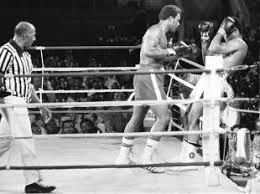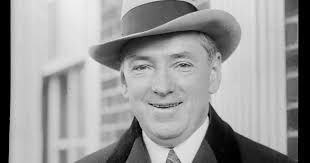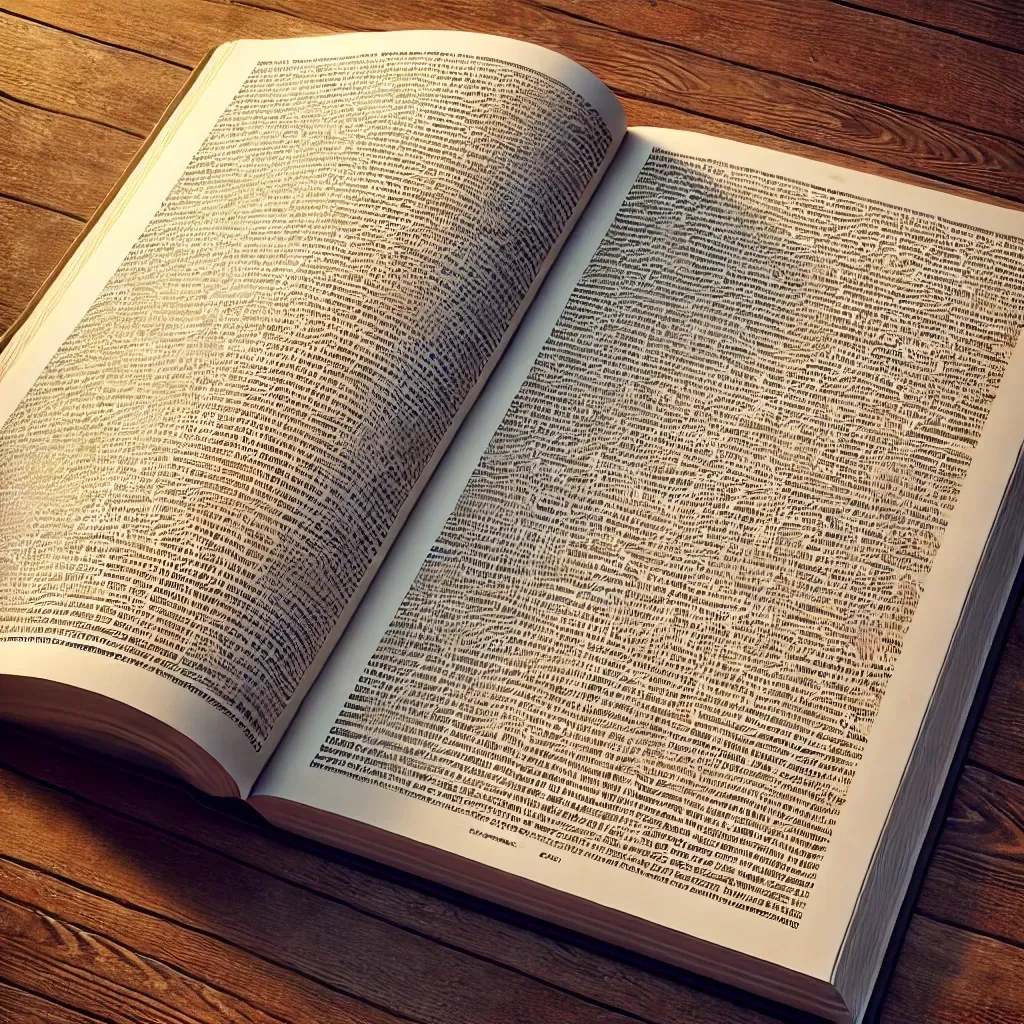Nib #50 — Dickens’ "Show, Don’t Tell" Masterclass
“Show, don’t tell” is one of those literary chestnuts that most writers have heard, but may not quite understand.
So this week - this week in particular! — let’s consider the maxim in the context of Charles Dickens’ classic, A Christmas Carol.
Everyone knows the story is about wicked old Ebeneezer Scrooge. Dickens says as much on page 2: “Scrooge. A squeezing, wrenching, grasping, scraping, clutching, covetous old sinner.”
This is telling.
It’s not terrible, as exaggerated adjective runs go. (It’s Dickens, after all, and there are some great word choices in there.) But note how weak and thin these descriptions are. Think the blubbering mess you are at the end of A Christmas Carol — none of Dickens’ emotional payoff is sown here.
Fast forward a few pages, and see how brilliantly Dickens shows us this character.
Consider Scrooge’s Stave 1 interview with his nephew Fred. We’re so desensitized to the “Bah humbug” bit that it’s easy to overlook. But two other moments remain as achingly evocative this December as they were when the story was first published.
When Fred asks Scrooge why he won’t come to Christmas dinner, Scrooge responds:
“Why did you get married?”
Go read the passage. (Indeed, read the whole book, every December!) It’s an abrupt, weird transition. Scrooge changed the subject in the middle of the conversation, like a petulant child. Almost as if he’s jealous of Fred’s marriage, or secretly preoccupied with the subject. We don’t know it yet, on page seven of the book, but this is the first inkling of Scrooge’s real self. He’s wounded, not evil.
Consider the end of the same scene, when Scrooge is trying to shoo Fred from the office:
“Good afternoon,” said Scrooge.
“I want nothing from you; I ask nothing of you; why cannot we be friends?”
“Good afternoon,” said Scrooge.
“I am sorry, with all my heart, to find you so resolute. We have never had any quarrel, to which I have been a party. But I have made the trial in homage to Christmas, and I’ll keep my Christmas humour to the last. So A Merry Christmas, uncle!”
“Good afternoon!” said Scrooge.
“And A Happy New Year!”
“Good afternoon!” said Scrooge.
Again, it’s easy to miss. But Scrooge never makes a case against Christmas. It’s all empty scorn (“Bah!”). He can’t even explain why he won’t come to dinner — because deep down, even he knows there is no good reason. He’s not a cold, calculating villain. He’s just a kid throwing a tantrum.
Or consider the moment in Stave 2 when Scrooge explains Old Fezziwig to the Ghost of Christmas Past:
“It isn’t that, Spirit. He has the power to render us happy or unhappy; to make our service light or burdensome; a pleasure or a toil. Say that his power lies in words and looks; in things so slight and insignificant that it is impossible to add and count ’em up: what then? The happiness he gives, is quite as great as if it cost a fortune.”
He felt the Spirit’s glance, and stopped.
“What is the matter?” asked the Ghost.
“Nothing particular,” said Scrooge.
“Something, I think?” the Ghost insisted.
“No,” said Scrooge, “No. I should like to be able to say a word or two to my clerk just now. That’s all.”
No adjectives. No description of anyone’s body language or facial expressions or tone of voice. But we can feel Scrooge’s conscience pangs, his longing to be more than the man he has become.
This is the real game — for fiction and non-fiction writers alike. Don’t tell your readers what to think. Show them the truth — of your story, your argument, your idea — such that you don’t have to.
Happy Christmas. God bless us everyone.
And until next week… Keep writing!

All Rights Reserved 2024 Inkling Communications | Privacy Policy
Website Designed By Royals Advertising










